#Radiologic Technologist
Text
Clinical in the OR
Ya’ll I started clinicals in the OR this semester and let me tell you... I am far from confident up there lol I’m in there for the rest of this week (2days) and I need 2 C-arm comps. Wish me luck!
#radiology#clinical#xray#operating room#OR#student#healthcare#good luck#class of 2023#radiologic technologist
2 notes
·
View notes
Text
The Importance of Radiologic Technology in Early Diagnosis and Treatment
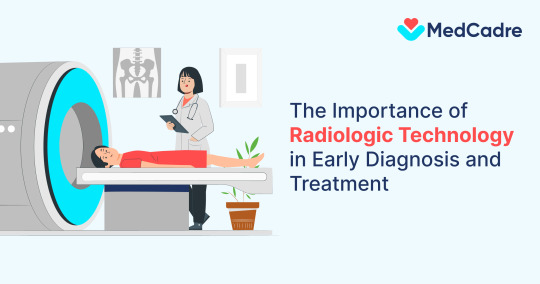
In the ever-evolving landscape of healthcare, technological advancements play a pivotal role in enhancing diagnostic capabilities and treatment outcomes. Among these, radiologic technology stands out as a cornerstone in early diagnosis and treatment planning. This article explores the significance of radiologic technology in healthcare, highlighting its contributions to timely and accurate diagnoses, treatment decisions, and patient care.
The evolution of radiologic technology
Radiologic technology has witnessed remarkable advancements since the discovery of X-rays by Wilhelm Roentgen in 1895. From the early days of basic radiography to the sophisticated modalities available today, including computed tomography (CT), magnetic resonance imaging (MRI), ultrasound, and nuclear medicine, the field has transformed the way healthcare professionals perceive and address medical conditions.
Early diagnosis saves lives
One of the primary advantages of radiologic technology lies in its ability to facilitate early diagnosis. Early detection of diseases such as cancer, cardiovascular disorders, and neurological conditions significantly improves the chances of successful treatment and enhances patient outcomes. Imaging modalities like mammography, CT scans, and MRIs empower healthcare providers to identify abnormalities at their nascent stages, allowing for prompt intervention.
Precision medicine and treatment planning
Radiologic technology not only aids in the early identification of diseases but also plays a crucial role in treatment planning. Advanced imaging techniques enable healthcare professionals to visualize the internal structures of the body with unparalleled clarity, facilitating precision medicine. This precision ensures that treatment strategies are tailored to the unique characteristics of each patient, maximizing effectiveness and minimizing side effects.
Minimally invasive interventions
Interventional radiology has emerged as a game-changer in the field of medicine, offering minimally invasive alternatives to traditional surgical procedures. Procedures such as angioplasty, embolization, and radiofrequency ablation are guided by real-time imaging, reducing recovery times and enhancing patient comfort. Radiologic technology has thus expanded the scope of treatment options available to patients across various medical disciplines.
Radiologic technologists: The heroes behind the screens
The individuals responsible for operating and interpreting radiologic technology are radiologic technologists. Their expertise is critical in ensuring the accuracy of diagnostic images and the safety of patients. Radiologic technologists play a vital role in collaborating with other healthcare professionals to provide comprehensive and timely healthcare solutions.
Join MedCadre for a rewarding radiologic technology career
For those aspiring to embark on a fulfilling career in radiologic technology, partnering with a top healthcare staffing agency is paramount. MedCadre, a leading healthcare staffing agency in the USA, connects qualified healthcare professionals with rewarding job opportunities across the nation. Whether you are an experienced radiologic technologist or a recent graduate, MedCadre can help you find the perfect placement to kickstart or advance your career.
Conclusion
In conclusion, the importance of radiologic technology in early diagnosis and treatment cannot be overstated. From its humble beginnings with X-rays to the sophisticated modalities available today, radiologic technology continues to revolutionize healthcare. As we navigate the complexities of modern medicine, the role of radiologic technologists remains central to ensuring accurate diagnoses, personalized treatment plans, and ultimately, improved patient outcomes. Take the first step towards a rewarding career in radiologic technology – join MedCadre and unlock a world of opportunities to make a difference in healthcare.
Read more about radiologic technologists: https://blog.medcadre.com/radiologic-technologist-professional-development-tips/
Visit our site and submit your CV: https://medcadre.com/careers
#radiologic technologist#radiologic technologist jobs#radiology technician#medical radiation technologist#medcadre
0 notes
Photo
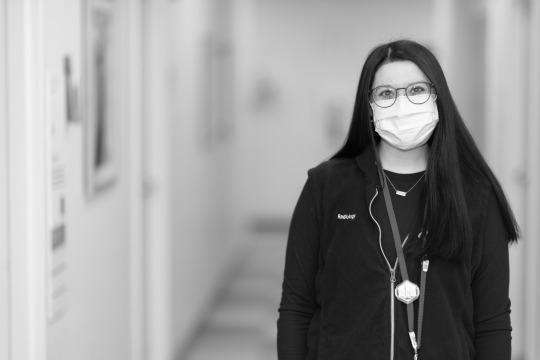
"My favorite part of what I do is being part of a team that helps medical professionals diagnose and treat children. I love being able to use my knowledge and show patients that x-rays aren't as scary as they can seem! Nothing beats getting to meet all kinds of children, listen to their stories, and see them say 'cheese' when I am about to take their x-ray."
Autumn Jones, Radiologic Technologist, Radiology East Close To Home
0 notes
Text

Funny Radiology You Pose We Expose Dabbing Skeleton Radiology Tech Week Pet Blanket
#skeleton#student#bones#radiation#mri#radiology week#mrimedical#cute#radiographer#radiology tech#radiology technologist#rad tech#xraytech
3 notes
·
View notes
Photo


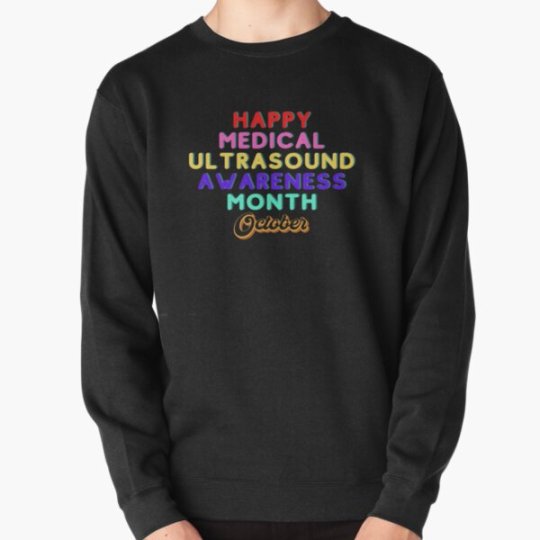
(via Ultrasound Awareness Month Pullover Sweatshirt by Nawaz Kakkal)
Ultrasound Tech Gifts For Sonographers. Sonography Gift Seeing With Sound Ultrasonography. Great gift for radiology month, ultra sound student, radiographer, ultrasonographer, vascular echocardiography technologist, clinical or program director! You've
#findyourthing#redbubble#Ultrasound Tech#Sonographers#Sonography#Ultrasonography#radiology#ultra sound student#radiographer#ultrasonographer#vascular echocardiography technologist#clinical#october#t shitrt#tshirtdesign#tshirt#clothes#clothing#black
5 notes
·
View notes
Text
Radiographer - UAEN Job Vacancies in Abu Dhabi, United Arab Emirates
Radiographer – UAEN Job Vacancies in Abu Dhabi, United Arab Emirates
Be the First to Apply
Job Description
• Undertake Radiographic and Imaging examinations as required. • Maintain a high standard of Radiography service to patients and staff in other departments at all times, in terms of courtesy, kindness, interest and efficiency. • Ensure that Radiation Protection Rules are applied…
#"Radiographer jobs Abu Dhabi"#"Radiologic technologist jobs Abu Dhabi"#"Radiology careers UAE"#"Radiology jobs Abu Dhabi"
0 notes
Text
I’ve been seriously thinking and considering getting my radiology degree and going to Johns hopkins school for 6 months. Does anyone on here have any knowledge or experience with the process and the job itself ? Is it worth it ? To maybe getting into being a travel tech ?
0 notes
Text
Compuray and similar agencies focus on strong relationships with their technologists, aiming to match you with the perfect job, whether it's a stable position or various short-term assignments. Recruiters are key in achieving your career goals, bolstering your resume, and unlocking a multitude of job opportunities, accelerating your job search.
#radiologyjobs#radiology#ultrasound#medical imaging#nuclear medicine#radiation therapy#Dosimetrist#CT Technologist#MRI Technologist#Vascular Technologist
0 notes
Text
youtube
Have You Ever Wondered What Happens If There Is a Patient Emergency During MRI Scans? This short video shows exactly how the MRI technologist is alerted when patients require immediate attention.
0 notes
Text
B.SC ( Radiology & Imaging Technology)
Duration: 3.5 Year | Internship: 6 Months.
Eligibility: 10+2 / Senior Secondary (with Science) Lateral:3 years Diploma after 10th or 2 years Diploma after 12th in Radiotherapy Technology from recognized State Board with atleast 50% marks (45% marks in case of candidate belonging to Reserved Category) in aggregate
0 notes
Note
Hello!
This isn’t exactly a question about your game, so hopefully it’s okay to ask you here - feel free to delete this if you’d like! I saw in your bio that you work in vascular surgery at only 23 - first of all, that’s incredible! I didn’t even realize it was possible to enter the medical/surgical field in any way that young. My question kind of relates to this: as someone who wants to get into medicine and healthcare, I’m wondering how you’ve started so young and/or if you have any advice on how to succeed in school/get a job in the industry early on? Thank you so much for your time and have a lovely day :)
You’re good, it’s totally okay! I enjoy my work and talking about it. I’ll put my answer under a cut so people who are just here for game stuff can easily skip it
There are a lot of options in the medical field!! Advice really depends on what you want to do. I’ve only experienced one side of it, so I’m not sure if anything I say would be relevant to what you’re wanting to do. I hope this is at least a little helpful though, and I’m wishing you the best of luck with it!! 🍀🍀✨✨
I’m a vascular interventional radiologic technologist. Every hospital is different, and people with that job title often work in a cardiac cath lab or interventional radiology. I’ve talked about the types of operations I help perform here!
Here it requires 4 years of university with a lot of clinical hours and 2 registry exams at the end to get certified / have proper credentials.
As a student I spent a lot of my clinical hours in the vascular surgery department. I was always told to treat your clinical shifts like an interview! I knew I wanted to work here, so I talked to the manager over the department and actually got hired a few months before I graduated (with the condition of me successfully graduating + passing my exams to get credentials). Most medical programs should have some type of clinical hour requirements, so my biggest advice is to try to spend that time in the department you’re passionate about + try to show that you’re someone worth hiring while you’re a student! A couple of my classmates got hired for cath lab & IR before graduating too.
There are also so many different types of jobs in the medical field!! A lot of people outside of the field have never heard of my position, or they’re only aware of it in interventional radiology. My other suggestion is to make sure you know what you want to do & look at all options! There are many cool positions that would allow you to start working earlier in life :)
I hope this was helpful in some way, and again I’m wishing you the best!!
43 notes
·
View notes
Text
A quick guide on what different titles mean in my posts
(Since education AND healthcare systems vary around the world).
Medical Student (4.5-5 years)
You can get into medical school straight out of high school. College degrees do exist, but they are not the norm, not for medicine, and not for any career, tbh.
You fist 2-3 years are mostly theory. Calculus, chemistry, biology, anatomy, histology, embriology, physiology, pathology, physiopathology, microbiology, pharmacology…. That period end with semiology, and you get a Bachelor’s Degree in Medical Science.
Then, for the next 2 years, you have your clinicals, in which you spend half of the day in the hospital, with patients, and half the day in class, but definitely more focused on patient care and management.
Med student in clinicals = baby of the team (most of the time).
When you finish, you get your Academic Degree, Licenciate in Medicine.
Medical Intern (1.5-2 years)
No longer a student, you are now in your professional practice. Although you are technically still in med school in your university, you can say goodbye to classes, since you’re now a worker.
Probably bottom of the food chain, and probably does all the paperwork that nobody wants to do, but it’s a period where you gain a lot of independence and knowledge through work.
When you finish, you get your Professional Title, Médico Cirujano, but also need to pass a national test (EUNACOM) in order to be able to work.
Once you are a Doctor, you can work with that, or you can specialize.
Resident Doctor
A doctor, who is both working and studying towards a specialty.
Staff
Doctor who is on charge of a team. Tends to be an specialist.
Other titles that may cause confusion:
CNA: I use CNA to refer to TENS (Técnico de Enfermería de Nivel Superior). Technical degree (2.5 years). Takes care of patient’s basic needs, vital signs, may administer non-prescription medications.
Scrub tech: An specialized TENS. Takes care of the surgical instrumental and the sterile field in the OR.
Other TENS specializations: (that aren’t shared with other workers) Ambulance paramedic, anesthesia tech, trauma tech (takes care of plasters).
Medical Technologist: University degree (5Y). In charge of handling the machines and advanced technology equipment. They have 5 sub-specialties: ENT, ophthalmology, morphophysiopathology, blood bank and radiology.
Kinesiologist: University degree (5Y). They encapsulate both Physical Therapy and Respiratory Therapy.
Midwife: University Degree (5Y). Kind of like L&D nurses. Also in charge of reproductive health (i.e inserts IUDs, tests for STIs). Can assist births without a doctor if uncomplicated.
Other professionals that may not need further explanation:
Nurse.
Nutritionist.
Speech therapy.
Occupational therapy.
21 notes
·
View notes
Photo
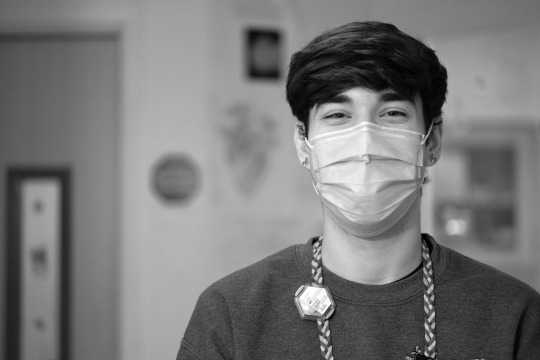
“I love knowing that what I do in my job helps the patient in the long run. The radiology department in all its different branches helps to diagnose various diseases and helps track the progress of different pathologies. I also really enjoy the camaraderie of the staff within technologists, radiologists, and other hospital staff.”
Samuel Wolf, Special Procedures Radiologic Technologist, CT
0 notes
Text
Funny Radiology You Pose We Expose Dabbing Skeleton Radiology Tech Week Spiral Notebook
#rad tech#radiology#radiologist#radiography#xraytech#radiographer#radiology tech#radiology technologist#skeleton#student#bones#radiation#mri#radiology week
0 notes
Photo

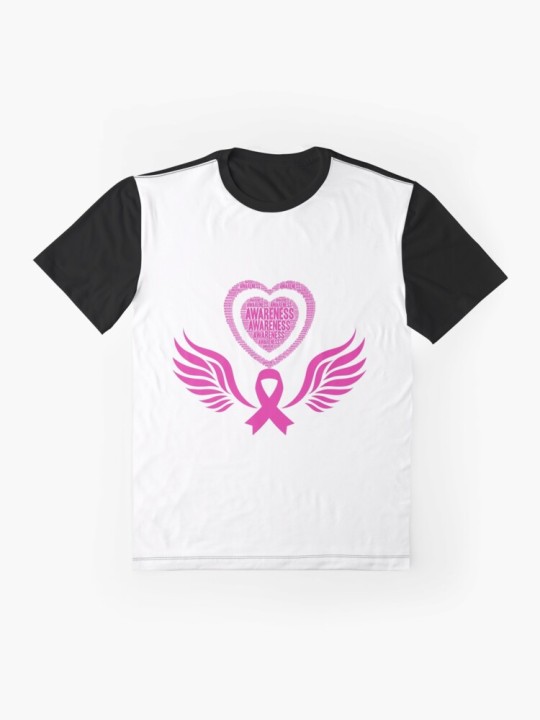
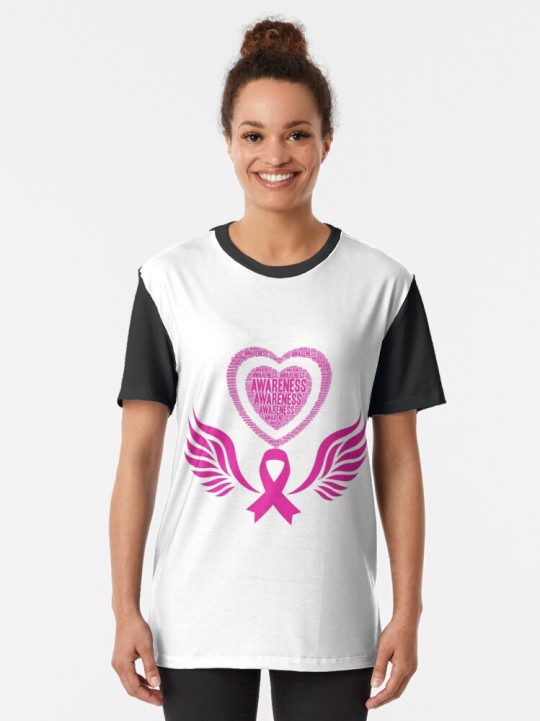
(via Ultrasound Awareness Month Graphic T-Shirt by Nawaz Kakkal)
Ultrasound Tech Gifts For Sonographers. Sonography Gift Seeing With Sound Ultrasonography. Great gift for radiology month, ultra sound student, radiographer, ultrasonographer, vascular echocardiography technologist, clinical or program director! You've
#findyourthing#redbubble#Ultrasound Tech#Sonographers#Sonography#Ultrasonography#radiology#ultra sound student#radiographer#ultrasonographer#echocardiography#technologist#t shitrt#t shrit#tshirtdesign#tshirt#clothes#clothing
3 notes
·
View notes